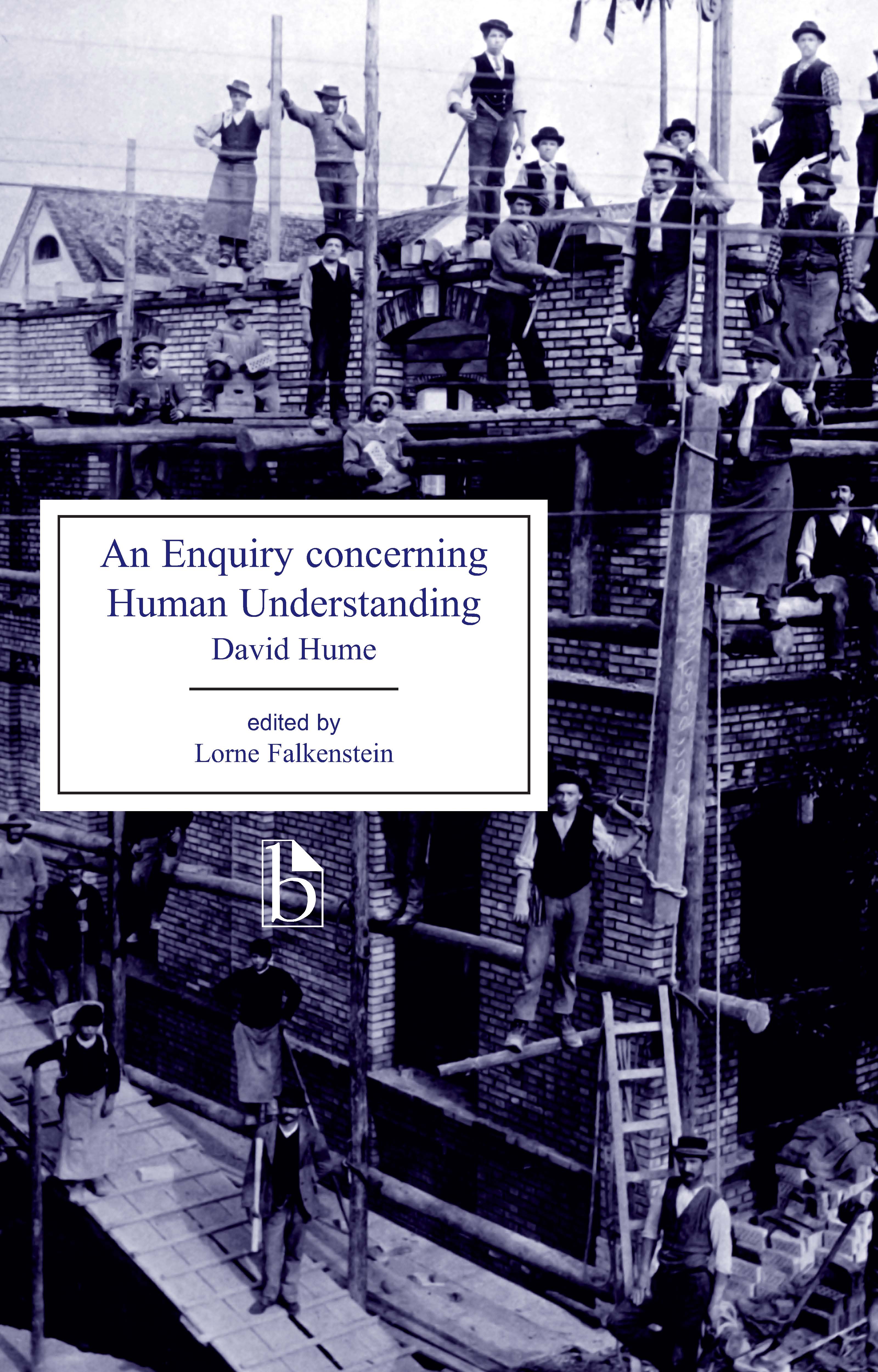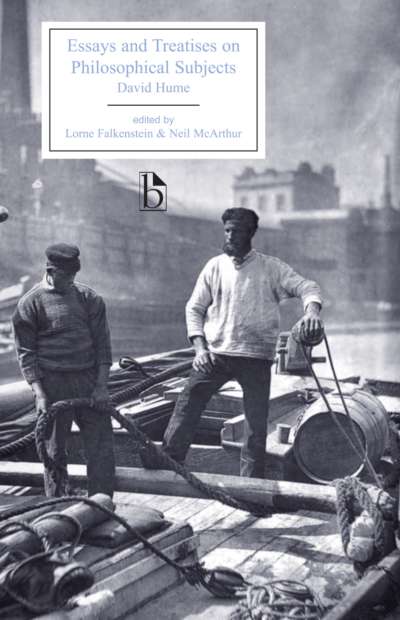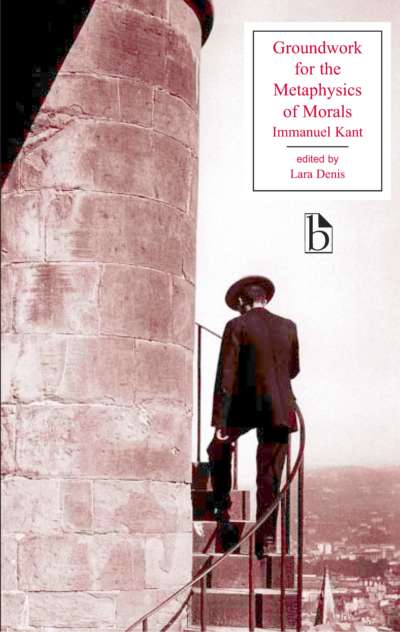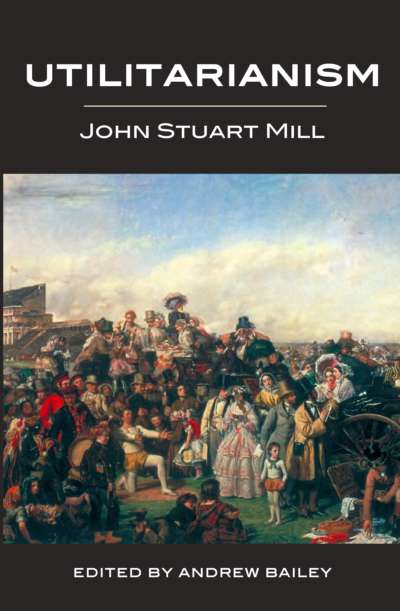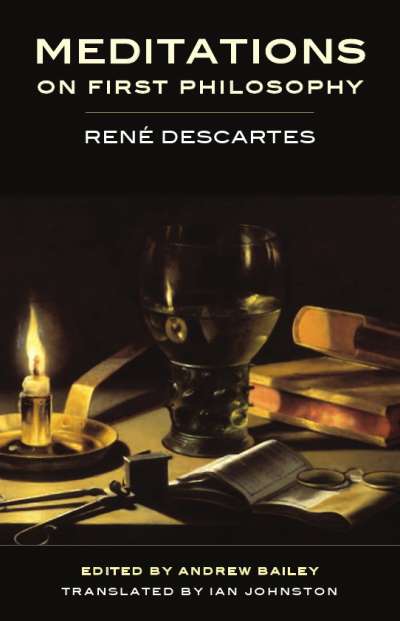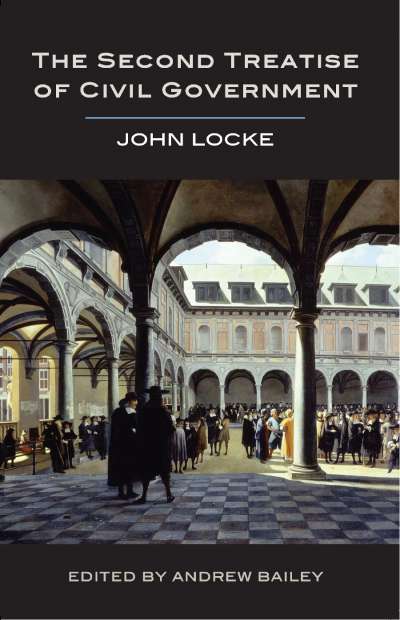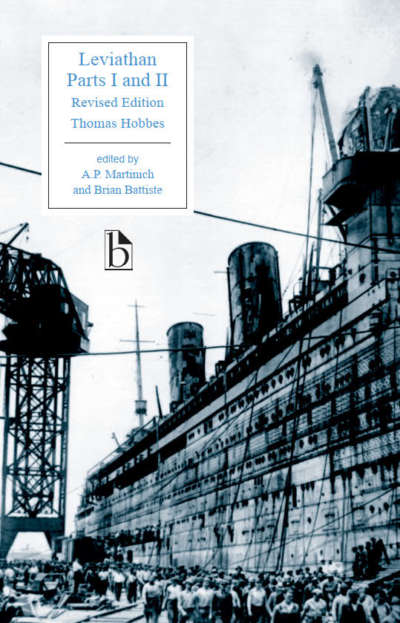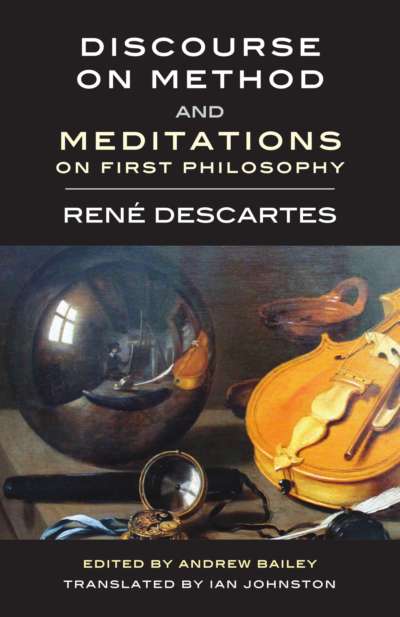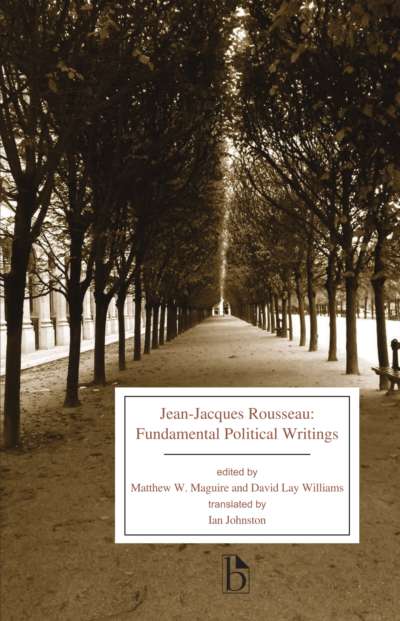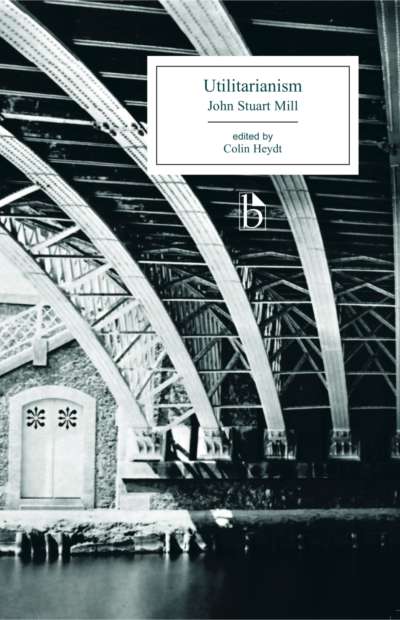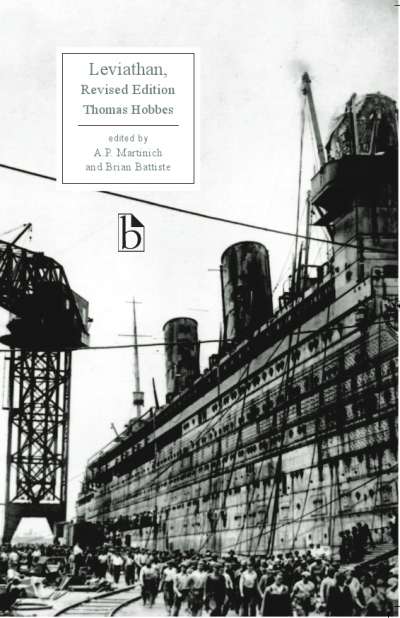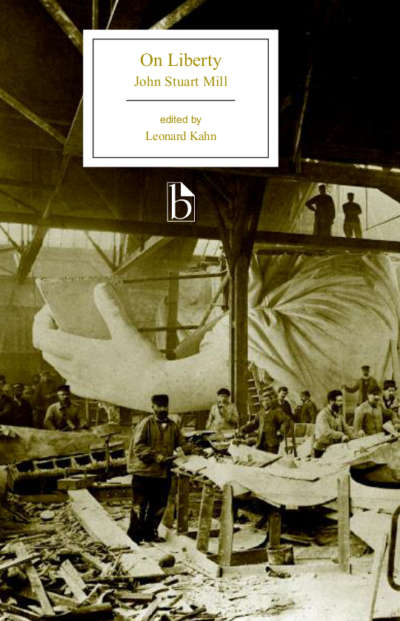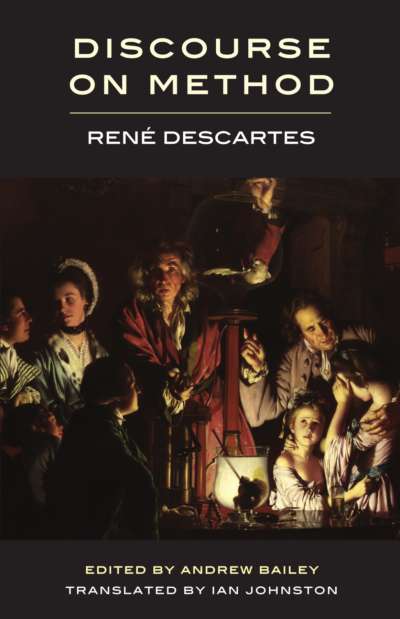Over a series of elegantly written, engaging essays, the Enquiry examines the experiential and psychological sources of meaning and knowledge, the foundations of reasoning about matters that lie beyond the scope of our sensory experience and memory, the nature of belief, and the limitations of our knowledge. The positions Hume takes on these topics have been described as paradigmatically empiricist, sceptical, and naturalist and have been widely influential and even more widely decried.
The introduction to this edition discusses the Enquiry’s origin, evolution, and critical reception, while appendices provide examples of contemporary responses to Hume.
Comments
“David Hume’s Enquiry concerning Human Understanding is a philosophical masterpiece that explores the nature of human cognition and the limits of our knowledge. This edition of the Enquiry helpfully puts the text in its historical context by presenting it alongside responses from Hume’s most significant 18th-century critics: George Campbell, Thomas Reid, James Beattie, and Immanuel Kant. Lorne Falkenstein’s incisive introduction and editorial comments offer readers, whether novice or expert, a sure hand as they navigate both the deceivingly straightforward text and the critics’ responses.” — Donald C. Ainslie, University of Toronto
“The 1758 edition of An Enquiry concerning Human Understanding was the first to be grouped together with A Dissertation on the Passions, An Enquiry concerning the Principles of Morals, and The Natural History of Religion. This grouping well reflects Hume’s ambition to recast his earlier Treatise on Human Nature, and brings into relief his explicit criticism of religion. In four appendices, Lorne Falkenstein has thoughtfully chosen selections by Hume’s contemporaries who challenge Hume on the central topics of the Enquiry: perception and reasoning, causation, and miracles. Falkenstein adds helpful notes providing further historical context. This is an excellent edition for undergraduate and graduate courses, and will be a welcome new resource for scholars.” — Jacqueline Taylor, University of San Francisco

